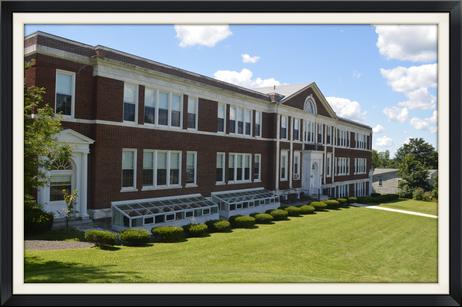For-profit vs. Not-for-profit Schools
Private schools are generally organized as for-profit or not-for-profit (nonprofit) entities.
A corporation or a private individual typically uses the for-profit version to make a profit, but is not eligible for tax-deductible contributions to the extent provided by law.
Most private schools opt to operate under a not-for-profit status, enabling them to generate revenue while also receiving tax-deductible donations to the extent permitted by law.
What are the advantages and disadvantages of a for-profit versus a nonprofit school? Is one kind of school better than the other? Let's look at some answers.

For-Profit Schools
A for-profit school is set up by allowing it to be controlled by an owner. That owner could be an individual or a group of individuals, as is often the case with many preschools and some elementary schools. Another form of ownership is a corporation.
This is often a corporation owned and operated by a group of local individuals. Typically, for-profit private schools are owned by a corporation that operates schools in multiple locations.
For-profit schools are typically in business to generate revenue or make a profit. They pay taxes on those profits.
Parents pay for the school's services just as they would for any other service.
Examples of this sort of school include Le Rosey in Switzerland, Sylvan Learning Centers, the Nobel Schools, and thousands of small nursery and primary schools.
The school can be incorporated, a sole proprietorship, or some other

















